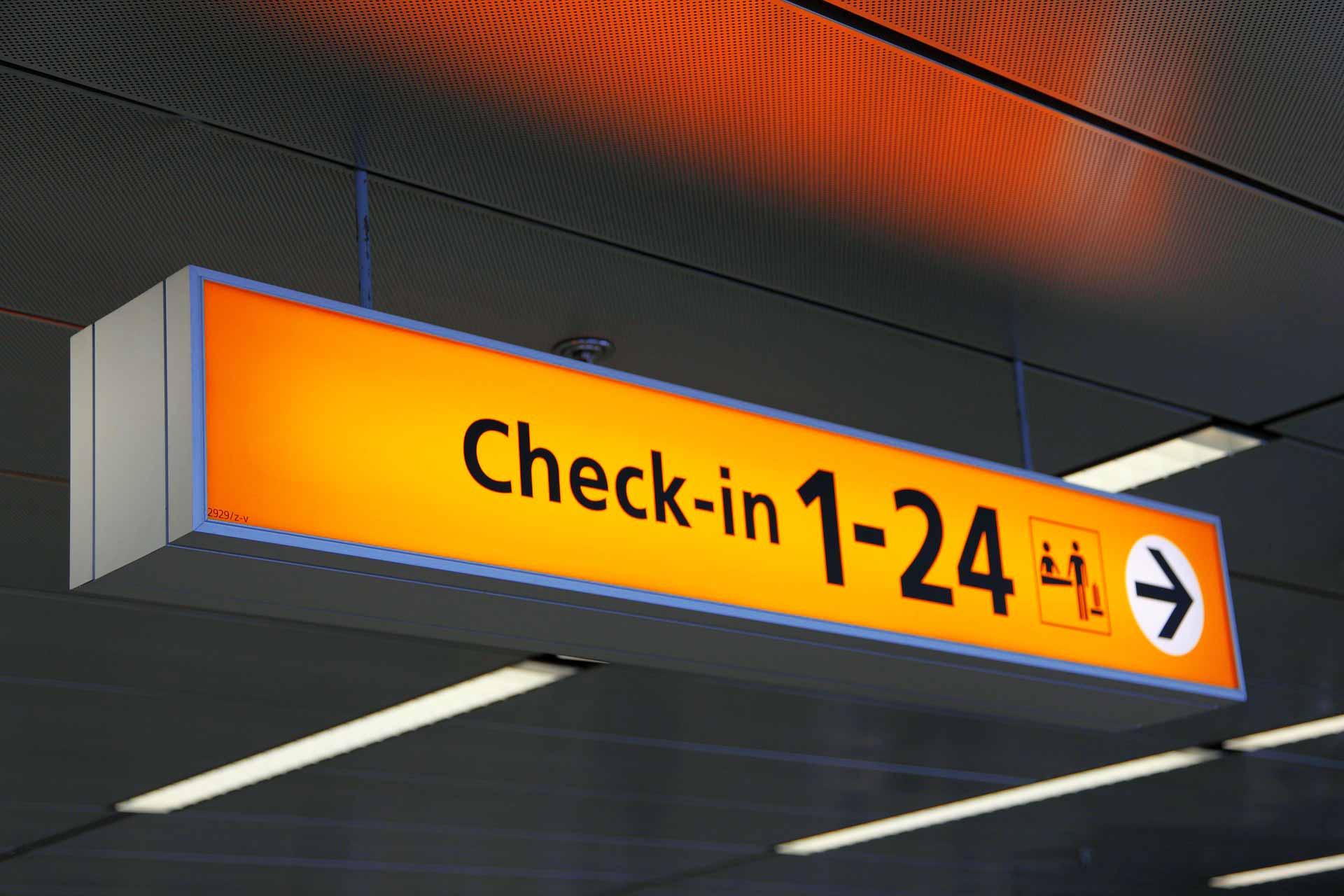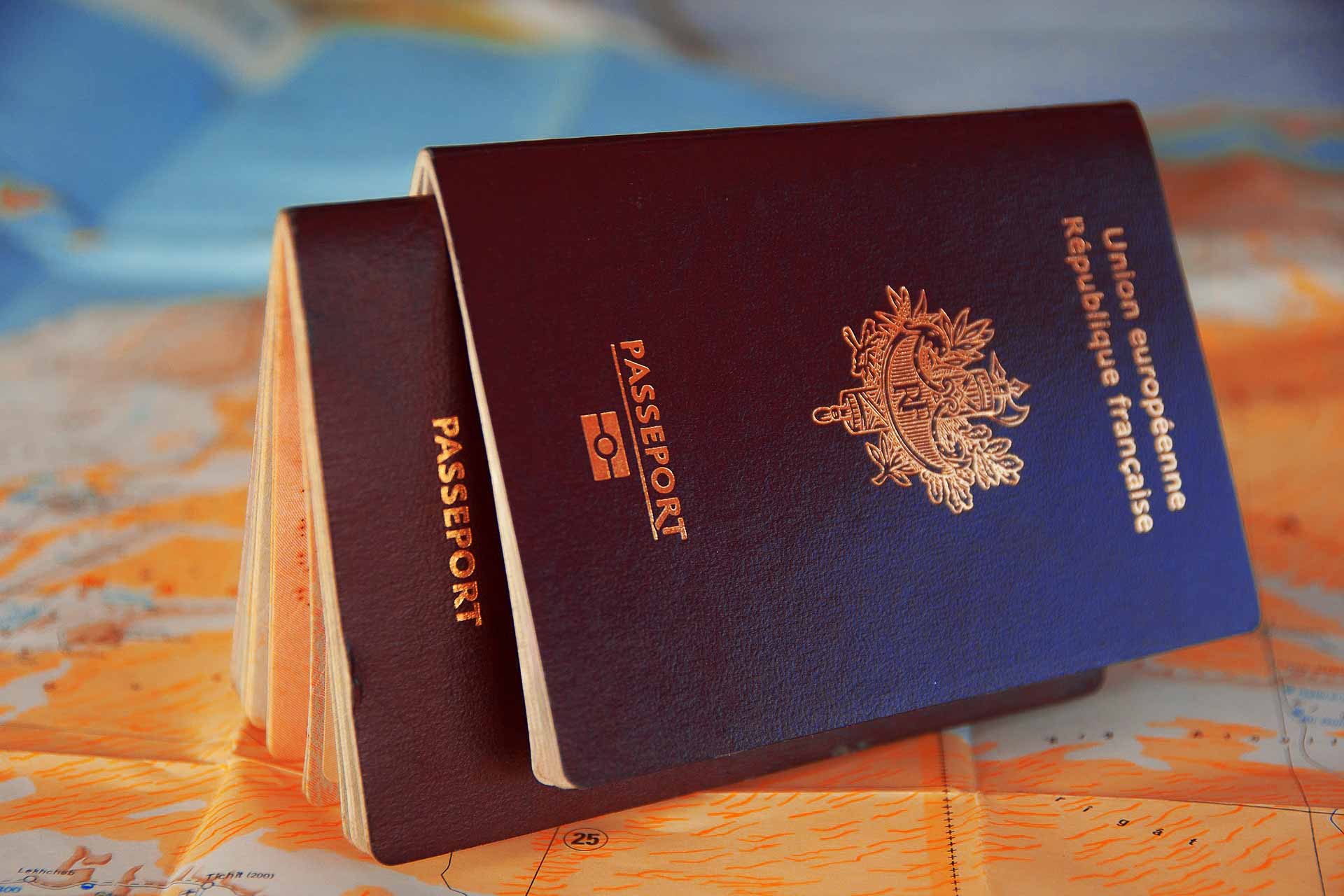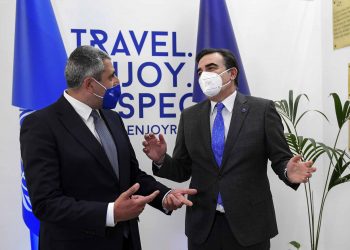Can Europe save summer season 2021 with all travel restrictions related to the Coronavirus pandemic, which have decimated the tourism industry? Tourism is a major player in the EU’s economy and one of the sectors most affected by the Covid-19 outbreak. Revenue is expected to drop 50% for hotels and restaurants, 70% for tour operators and travel agencies and 90% for cruises and airlines. Europe accounts for half of the world’s tourist arrivals and the situation is particularly hard for European countries that are dependent on tourism, such as Spain, Italy, France and Greece.
On 19 June, Parliament voted on a resolution on transport and tourism in 2020 requesting further action to support small and medium-sized enterprises hit by the crisis and funding to help the sector. MEPs said that the crisis should be considered as an opportunity to modernise tourism in the EU by making it environmentally friendly and socially responsible.
Many travellers have struggled to return home, while tourism businesses are facing severe liquidity issues, as there are very few new bookings and a large number of claims for refunds following cancellations. Air carriers particularly are under unprecedented pressure.
22.6 million Number of people working directly or indirectly in the EU’s tourism sector (2019)
Supporting the tourism industry through the crisis

Businesses and workers from the tourism sector already benefit from EU measures taken in response to the Covid-19 crisis, including liquidity support, fiscal relief and an easing of state aid rules, as well as the temporary suspension of EU rules on airports slots to avoid empty flights. To protect travelers, the EU has updated the guidelines on passenger rights and the package travel directive. It has also facilitated the repatriation of tens of thousands of Europeans stranded abroad, through the EU Civil Protection Mechanism. EU measures to support the tourism industry complement and reinforce measures taken at national level.
On 13 May, the European Commission published specific guidelines and recommendations on tourism and transport to help EU countries gradually lift travel restrictions, restore transport services and reopen tourism businesses. The Commission proposed on 4 September that EU countries coordinate their measures restricting free movement during the pandemic. The aim is to reduce uncertainty for travelers and businesses resulting from a wide range of diverging national rules.
The proposal includes common criteria and thresholds for introducing restriction measures, assessing the risks across the EU and dealing with travelers coming from high-risk zones. If countries decide to introduce restrictions, they should inform the public in a clear and timely manner. In a resolution passed on 17 September, Parliament supported the Commission’s proposal to coordinate travel restrictions and called for harmonising health assessments and other measures.
The EU’s tourism sector (2019)
- Accounts for 9.5% of the EU’s gross domestic products
- Provides 11.2% of employment in the EU
- Is composed of nearly three million businesses, 90% of which are small and medium-sized enterprises

Parliament asks for more action to save the tourism industry
The EU should develop a prevention and management mechanism to protect workers and companies in the tourism sector and ensure passenger safety, MEPs said in a resolution adopted on 17 April. Parliament’s transport and tourism committee has been insisting since March on a strong and coordinated EU action to overcome the crisis. Committee chair Karima Delli welcomed the Commission’s package on tourism and transport of 13 May:“It is crucial to reassure citizens that tourism and travelling will be possible and safe this year. We should use this crisis to redesign tourism across the EU.”
On 15 May, Parliament approved relief measures for the transport sector to minimise the effects of the pandemic on airlines, railways, road and shipping companies. In a joint statement issued on 23 September, members of Parliament’s tourism task force insisted on urgent concrete action from the Commission and EU countries to save the sector from collapse, including EU-level coordination on health and travel restrictions as well as direct and dedicated financial support.
Save Summer Season 2021
Europe tries to save summer tourist season 2021. 64 % of EU residents made at least one personal tourism trip in 2018. In 2018, Spain was the most common outbound tourism destination in the EU for people travelling outside their country. 301 million nights spent in tourist accommodation, or 23 % of the EU total.
Vaccine certificates could Re-Open EU and save summer tourism
Despite the risk that loosening restrictions could lead to infection spikes, European nations have been seeking to restart cross-border travel, particularly as the summer holiday season looms for countries whose economies rely on tourists flocking to their beaches, museums and historical sites.
Will we ever return to our pre-coronavirus lives?

Ever since COVID-19 changed our lives, forcing us to live in this ‘new normal’, the one question on everyone’s mind is, “when will things go back to normal, normal?” To slow down the spread of coronavirus and protect the health and well-being of all Europeans, some travel restrictions have been necessary. The European Commission is doing its utmost to allow people to meet friends and family and to ensure free movement of citizens, goods and services – with full respect of health and safety measures.
Airlines choose Health passport to reopen travel and life
Contact tracing and warning apps can be voluntarily installed and used to warn users if they have been in the proximity of a person who is reported to have been tested positive for coronavirus. In the case of an alert, the app may provide relevant information from health authorities, such as advice to get tested or to self-isolate, and who to contact.
Can Europe save summer season 2021?
While it is important to take swift temporary precautionary action to limit the further spread of the new strain of the virus and all non-essential travel to and from the UK should be discouraged. Essential travel and transit of passengers should be facilitated. Flight and train bans should be discontinued given the need to ensure essential travel and avoid supply chain disruptions.
On 25 January 2021, the Commission proposed additional safeguards and requirements for international travellers into the EU. New coronavirus variants and the volatile health situation worldwide call for further action to ensure that any travel to the EU takes place safely. To reflect the latest scientific advice, the Commission is also proposing updated criteria taking into account the testing rate, testing positivity and the detection of variants of concern when deciding on the application of restrictions on non-essential travel to the EU to a specific non-EU country.

According to the Commission’s proposal, Member States should introduce additional measures to ensure that travel into the EU takes place safely. This concerns those travelling to the EU for essential reasons, EU citizens and long-term residents as well as their family members, and those travelling from countries for which the non-essential travel restriction was lifted:
- Mandatory testing before departure
- Stricter measures to address virus variants of concern
- Common European Passenger Locator Form
When considering whether to lift restrictions on non-essential travel to the EU from a non-EU country, the Council should consider the case notification rate, the testing rate, the test positivity rate, as well as the incidence of variants of concern.















